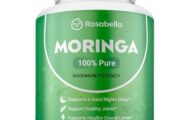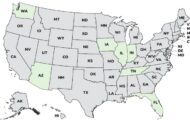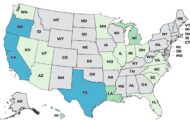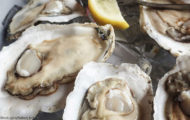The Hawaii Department of Health released a new update on August 31, 2016, stating that the number of confirmed cases of hepatitis A in the outbreak linked to imported scallops has reached 241. That means 13 new cases have been identified in the last week.
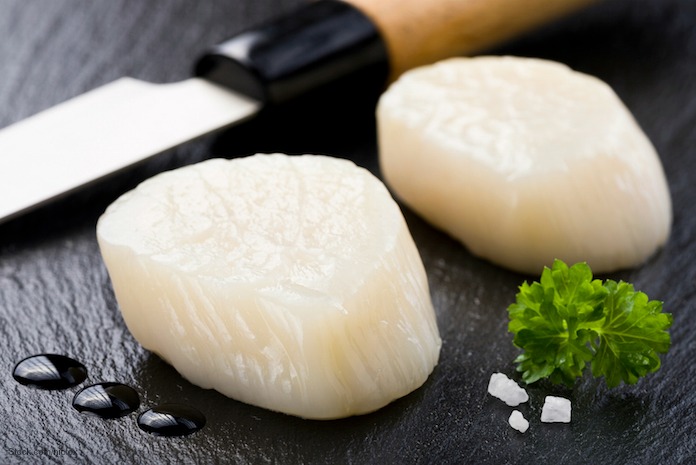
All of the cases have been in adults. Sixty-four people have required hospitalization because their illnesses are so serious. Ten people are the residents of the islands of Hawaii, Kauai, or Maui. Four of those sickened have returned to the mainland, and the rest live on Oahu. The illness onset dates range from 6/12/16 to 8/25/16.
The Hawaii Department of Health is also no longer conducting the case control study because the outbreak source was found in mid-August. Frozen scallops imported from the Philippines and served at Genki Sushi Restaurants in the state have been identified as the source of the virus. Hepatitis A was found in some of the scallops, which were served raw.
There will probably be more cases reported in the next few weeks, since the virus is so contagious, since people are infectious two weeks before they even know they are sick, and since it can take up to 50 days for the symptoms to appear after someone has been exposed.
The Sea Port Bay Scallops (Wild Harvest, Raw Frozen) that were imported from the Philippines were distributed by Koha Oriental Foods. True World Foods also received the scallops, but those were not distributed to any restaurants in the state and were embargoed at the company’s warehouse. The Genki Sushi restaurants on the Big Island and on Maui came from a different supplier and were not associated with this outbreak.
The symptoms of hepatitis A include lethargy, fatigue, dark urine, abdominal pain, clay-colored stools, jaundice (yellowing of the eyes and skin), fever, weight loss, and loss of appetite. Anyone experiencing those symptoms should see a doctor.
There is no treatment for hepatitis A; the illness must run its course, which can take months. Anyone in contact with a case patient should talk to their doctors about the possibility of getting a vaccination against the virus. A contact is an unvaccinated household member, anyone sharing food or eating or drinking utensils with a case, and anyone consuming ready-to-eat foods prepared by an infectious food handler.
Employees from seven restaurants and two flight attendants who work for Hawaiian Airlines have been diagnosed with hepatitis A. You can see where they worked and the dates they worked at the Hawaii Department of Health website. You can also find a list of vaccinating pharmacies and more information about the illness and the outbreak at that site.
If you are susceptible to complications from foodborne illness, there are some foods you should avoid, since they can carry viruses such as hepatitis A and bacteria such as Salmonella and E. coli. They include raw and undercooked seafood, raw and undercooked meat and poultry, raw milk and raw milk products, unpasteurized juice, raw sprouts, and raw nuts. And make sure that all produce you consume is thoroughly washed and dried before it is prepared.

